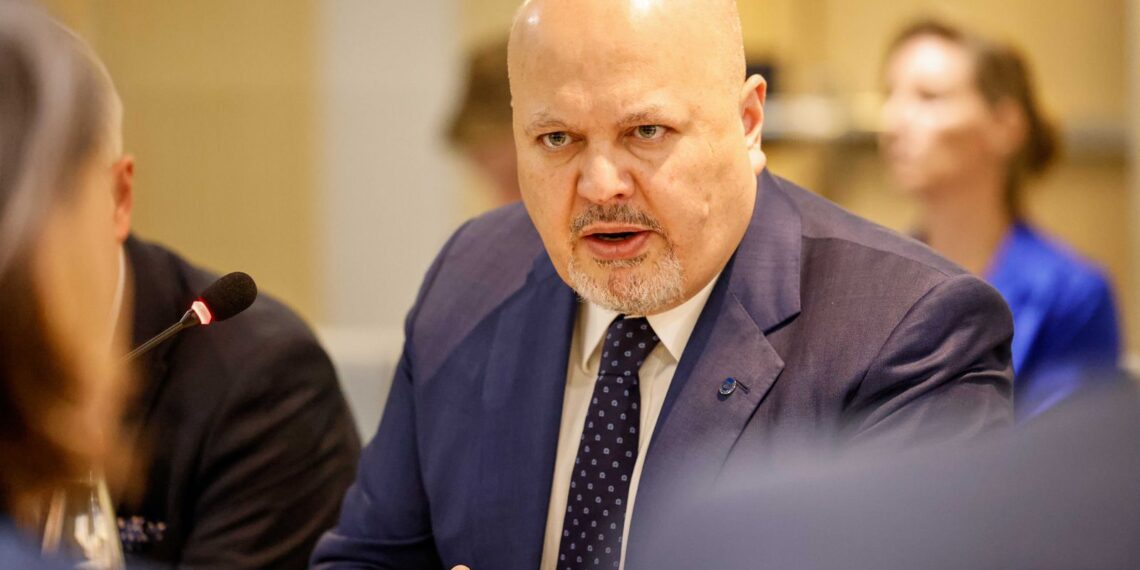The International Criminal Court (ICC) declares that it remains “undeterred” by Russia’s decision to include its chief prosecutor on a wanted list, asserting that the move aims to undermine the court’s lawful mandate for ensuring accountability for grave crimes.
This development comes two months after Karim Khan, the ICC’s chief prosecutor, issued an arrest warrant for Russian President Vladimir Putin. However, Russia, which is not a member of the ICC, had dismissed the warrant against Putin as “void.”
In March, Khan, a British lawyer, issued the arrest warrant, accusing President Putin of war crimes, with a specific focus on the unlawful deportation of children from Ukraine to Russia.
The ICC also issued a warrant for Russia’s child rights commissioner, Maria Lvova-Belova, on similar charges, as officials in Kyiv estimate that more than 16,000 children have been forcibly transferred from Ukraine to Russia since the start of the war.
In response to Russia’s actions, the Kremlin’s investigative committee recently announced its intention to investigate Khan for the “criminal prosecution of a person known to be innocent.”
In a statement issued on Saturday, the ICC, based in The Hague, expressed awareness and deep concern regarding the unwarranted and unjustified coercive measures reportedly taken against ICC officials. The court branded these measures as “unacceptable” and emphasized that they would not impede the court from fulfilling its independent mandate.
As of now, Karim Khan has not commented on the action taken against him.
Separately, Virginia Gamba, the special representative of the United Nations Secretary-General for Children and Armed Conflict, faced scrutiny for reportedly meeting with Maria Lvova-Belova in Moscow. Although Lvova-Belova described the conversation as “constructive and sincere,” rights groups and senior officials criticized the meeting as inappropriate. Balkees Jarrah, associate director in the International Justice Programme at Human Rights Watch, stated that Ukrainian victims deserve to see Lvova-Belova behind bars in The Hague rather than meeting with high-level UN officials.
This latest development highlights the ongoing tensions between the ICC and Russia, underscoring the challenges faced by international bodies in their pursuit of justice and accountability for serious crimes.


